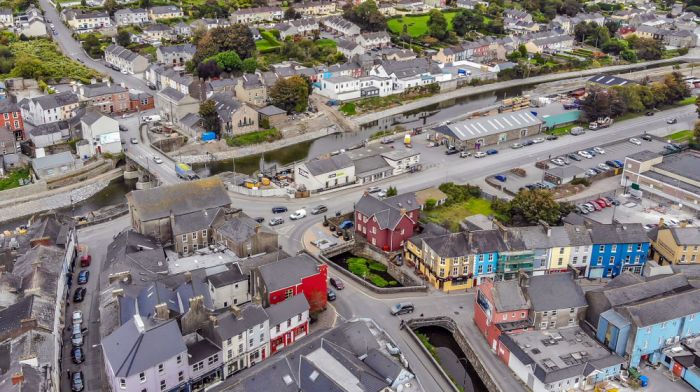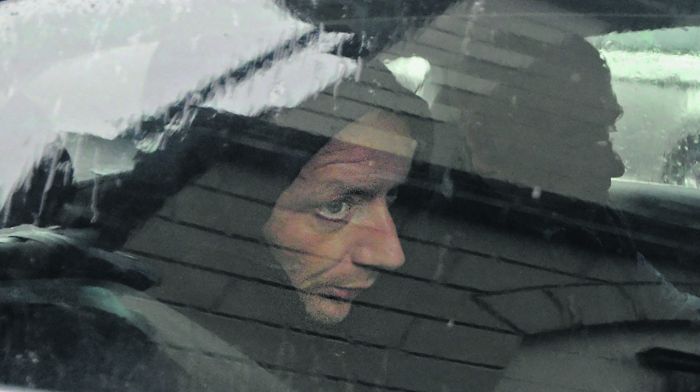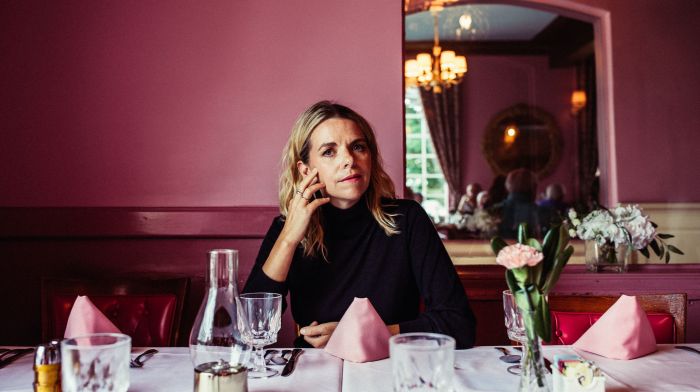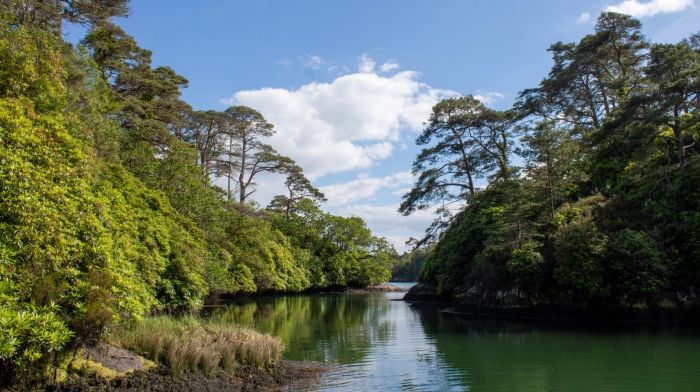World leaders from almost 200 countries agreed to reduce carbon dioxide emissions from fossil fuels to collectively limit the increase in the global average temperature to “well below 2°C” compared to pre-industrial levels and “pursue efforts” to keep warming below 1.5°C in a legally-binding deal hammered out on December 12th.
WORLD leaders from almost 200 countries agreed to reduce carbon dioxide emissions from fossil fuels to collectively limit the increase in the global average temperature to “well below 2°C” compared to pre-industrial levels and “pursue efforts” to keep warming below 1.5°C in a legally-binding deal hammered out on December 12th.
After a fortnight of gruelling talks, the Paris treaty involves all nations – unlike the 1997 Kyoto protocol – but allows for a differentiated approach. It calls on developed countries to “continue taking the lead by undertaking economy-wide absolute emission reduction targets”, while “developing countries should continue their mitigation efforts and are encouraged to move over time towards economy-wide emission reduction of limitation targets in light of different national circumstances”.
Food security central to Paris pact
Governments acknowledged the priority of safeguarding food security, with the binding part of the deal outlining that efforts to adapt to climate change and cut emissions should be done “in a manner that does not threaten food production”. The climate pact also recognises the role played by the forestry sector in mitigating the effects of climate change and reducing emissions. Countries are encouraged to better incentivise afforestation, the sustainable management of forests and enhancement of forest carbon stocks – something that the Irish government is keen to push.
The move towards net carbon neutrality is expected to have an impact on every sector that emits greenhouse gases such as agriculture, buildings, transport and industry. In terms of the EU, the real horse-trading will kick off next spring, when heads of state and government thrash out the details of its own climate policy and how countries will share the burden to reach the target of reducing emissions by 40% by 2030.
Irish Farm Minister Simon Coveney welcomed the Paris agreement, particularly as it acknowledges the priority of food production and food security. But this does not mean there will be a “free pass” for agriculture and the sector has a key role to play in climate change mitigation and adaptation. “In Ireland, we already have a climate efficient agriculture, but we want to do much more to ensure that we are and remain the most sustainable producer of milk, beef and other products in the world”, he said.
Hogan heads to Nairobi for world trade talks
EU Farm Commissioner Phil Hogan departed for Nairobi on December 14 to take part in the 10th World Trade Organisation (WTO) Ministerial (until December 18). On the eve of the talks, the EU Farm chief and his Swedish colleague Cecilia Malmström (in charge of trade) called on WTO partners to end “all forms” of trade-distorting practices in the area of export support for agricultural products, as they damage the most vulnerable developing countries.
So-called ‘export refunds’ are subsidies that are paid for beef, live cattle, milk/dairy products and sugar that are exported outside the EU. The amount of the subsidy, which can vary depending on the destination of the product, is designed to cover the difference between the EU market price and lower world prices.
Over the past number of years, the EU has been weaning itself off the trade distorting measure. Both representatives said the EU was “ready and able to give up its right to use export subsidies but only as part of a comprehensive, balanced deal on parallelism”. Last month, the EU called for developed nations to cut all farm export subsidies by 2019 and developing countries by 2022, a move backed by Brazil, New Zealand, Paraguay, Peru, Uruguay and Argentina, later joined by Moldova. I myself, am not heading off to such far flung lands, just back to the scenic Ballydehob for a couple of weeks to spend time with my family and friends over Christmas.
Rose O’Donovan is the Editor-in-Chief of the Brussels-based publication AGRA FACTS & a regular contributor to the video platform www.vieuws.eu







